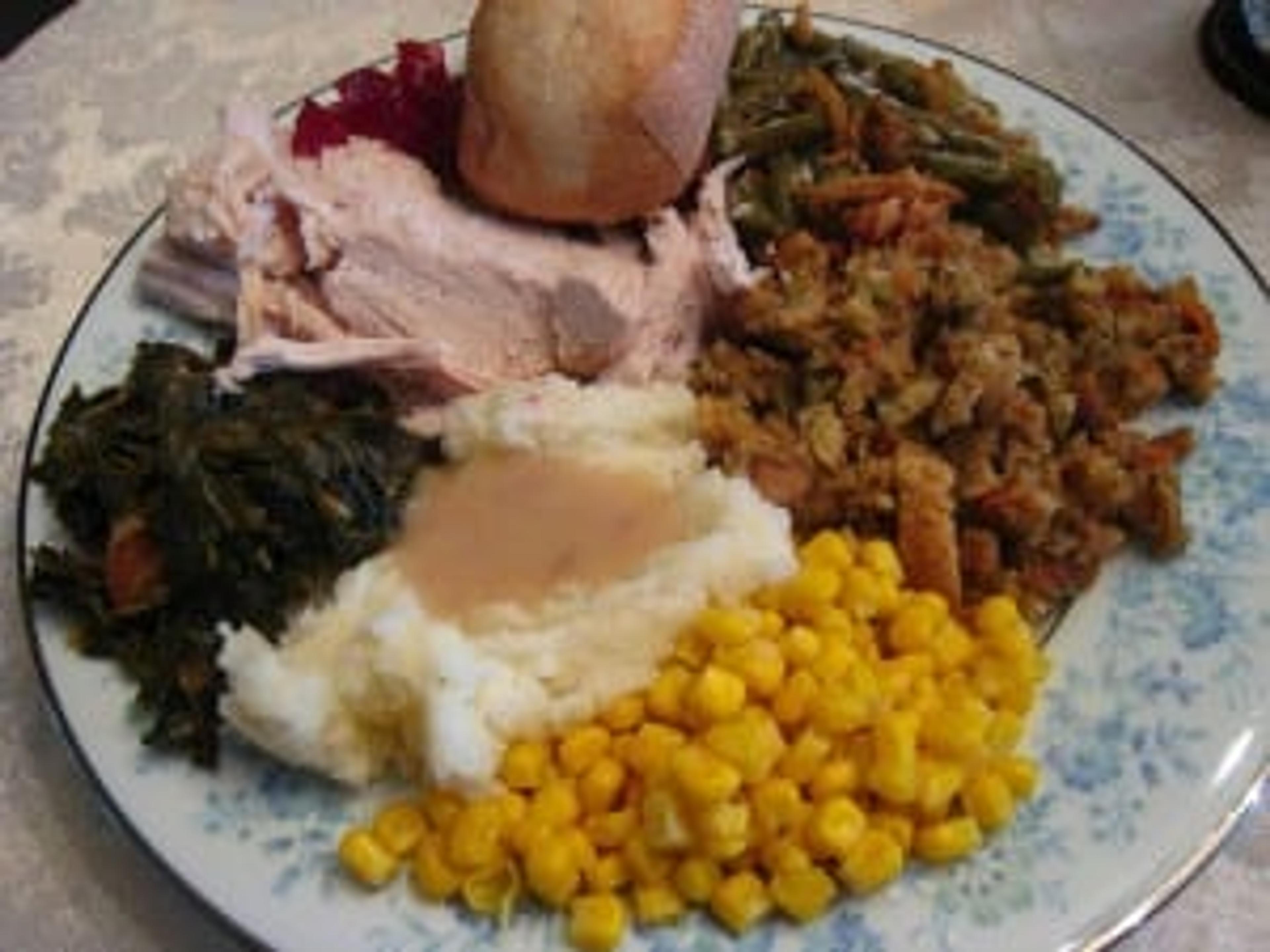How real are food comas?

Kristin Coppens
| 2 min read

We have all fallen victim to the dreaded food coma, or that after-lunch slump. You feel warm and fuzzy, with an overwhelming urge to crawl into bed and snooze the afternoon away. Though we feel them throughout the entire year, the buzz around food comas comes alive around the holidays, specifically Thanksgiving, with the arrival of the organic amino acid found in turkey, tryptophan.
Postprandial somnolence, the scientific name for the food coma, presents symptoms of sleepiness, sluggishness, lethargy, and an overall lack of motivation. Contrary to popular belief, however, the turkeys might be getting a bad rap. Tryptophan found in turkey may not actually be the culprit as the amount of tryptophan you are ingesting is not all that high. The true cause of a food coma can be left to the devices of loading up on a high amount of carbohydrates, high fats, sugary desserts, and alcoholic beverages, all of which are still a part of our holiday meal indulgences.
Blood sugar levels seem to be the number one trigger of food-related drowsiness. In fact, an increased amount of insulin boosts the amount of tryptophan our blood streams absorb. Our metabolism slows down as a large amount of food is working to digest in our stomachs. As a result of increased blood flow to the digestive system, other areas of the body, like the brain, experience a bit of a slow down. The San Mateo Medical Center describes the food coma experience as a “rest and digest” instead of our normal “fight or flight” stance.
The simple, and most effective, prevention tactic for a food coma is to avoid pigging out. That tactic can be more difficult over the holidays and during your Thanksgiving feast, so there are other ways to help combat feeling like a food-induced zombie. One option is to try eating smaller meals on a more frequent basis throughout the day. This allows the same amount of caloric intake; however, we are helping our stomachs obtain more time to digest what we eat.
It’s also a good idea to avoid the couch immediately after consumption of all that food. Go outside and challenge the family to a flag football game, take the dog for a walk around the neighborhood, or even just get up and help with the dishes to keep the blood flow active and engaged. Drinking lots of water throughout the day can also facilitate digestion and keep the body feeling refreshed.
What do you do to fight off that food coma feeling?
Photo credit: ohdearbarb





